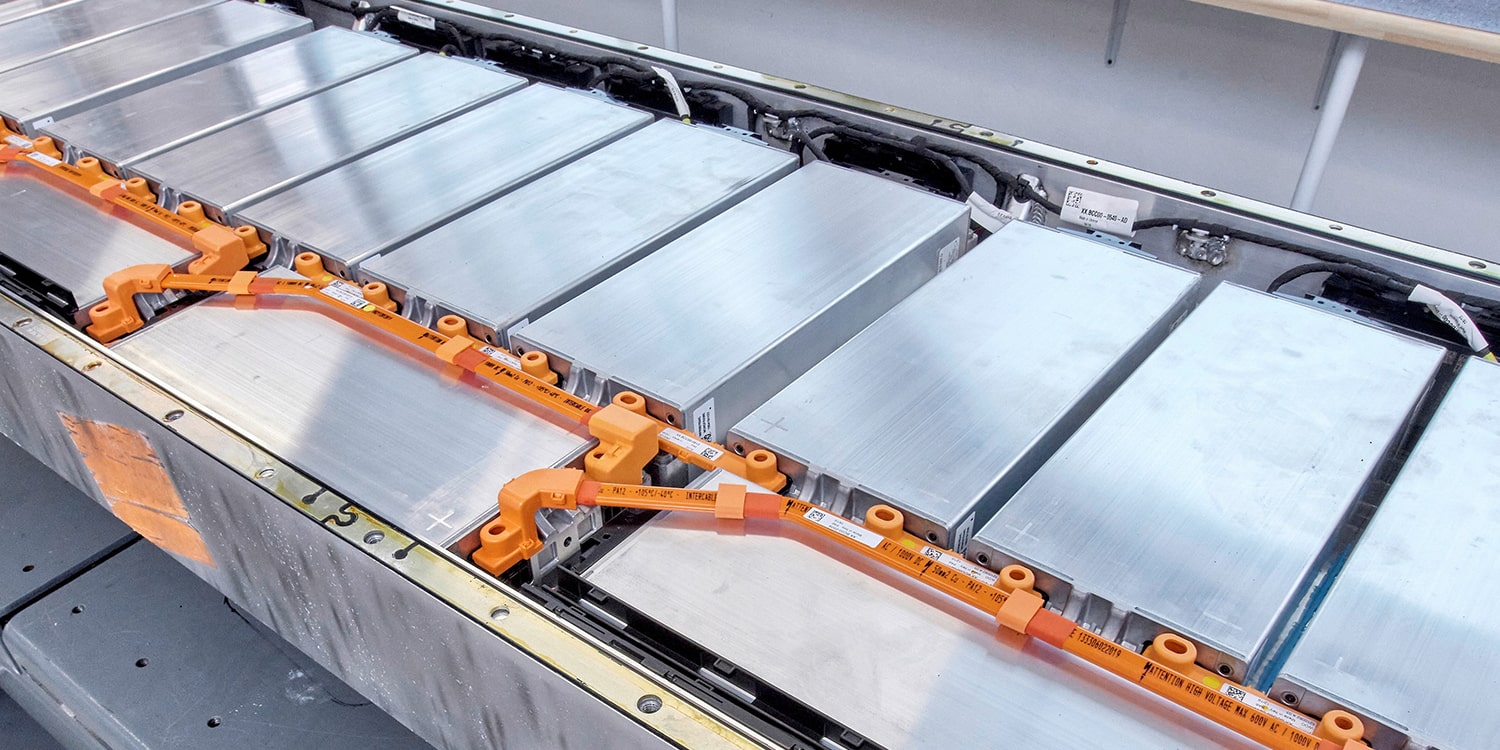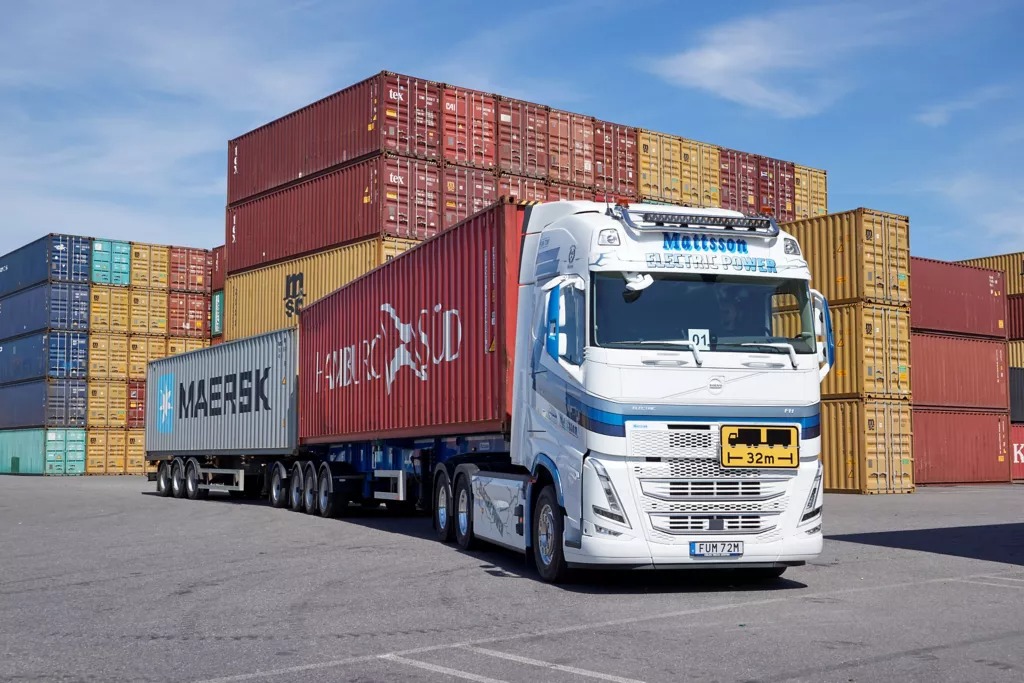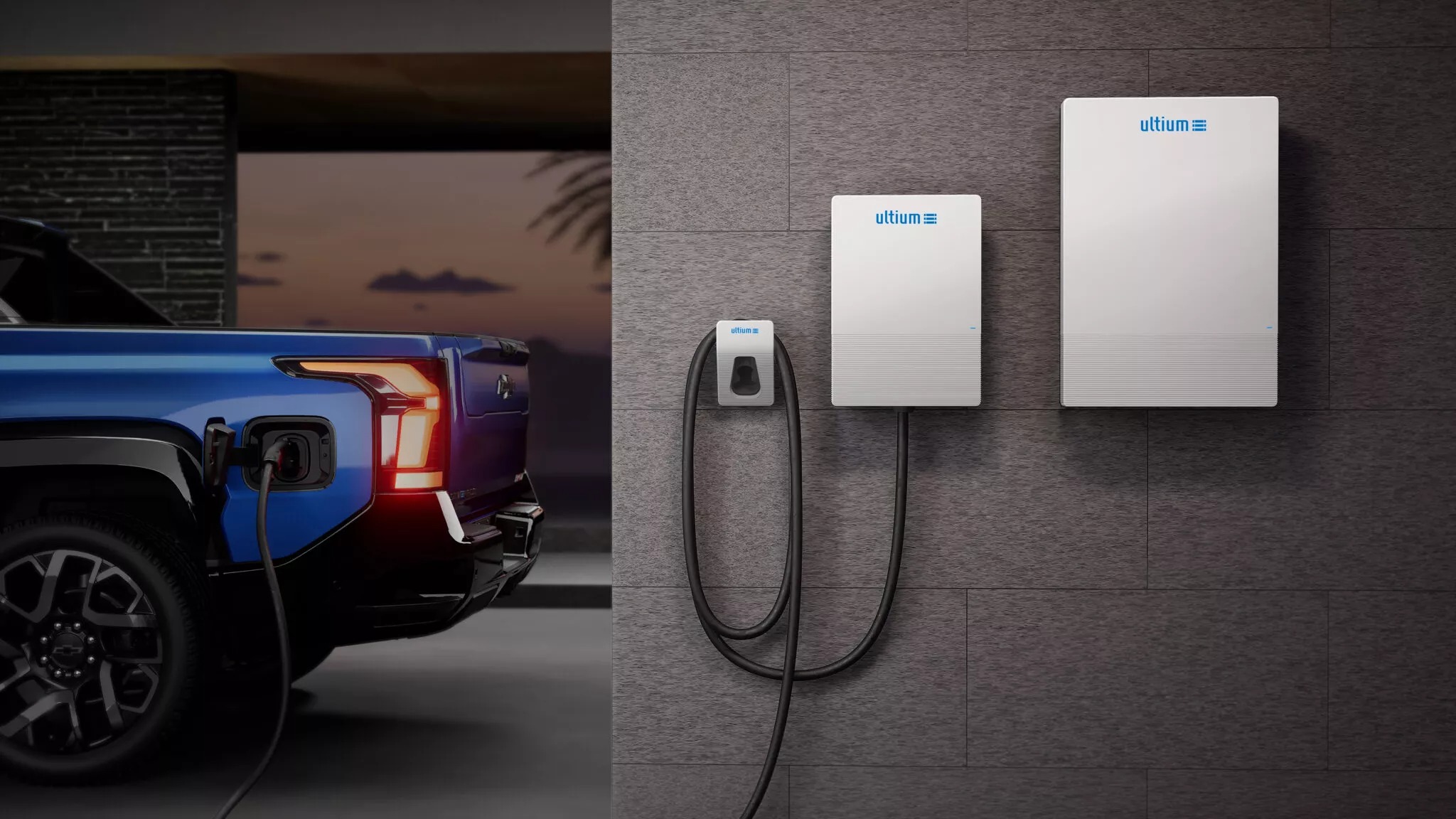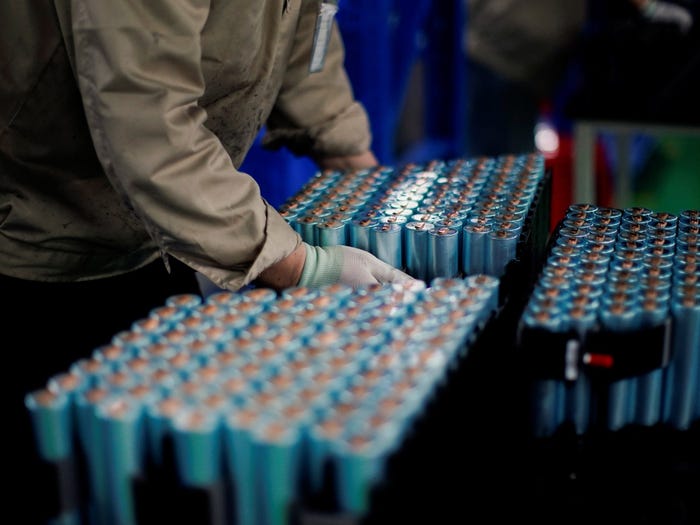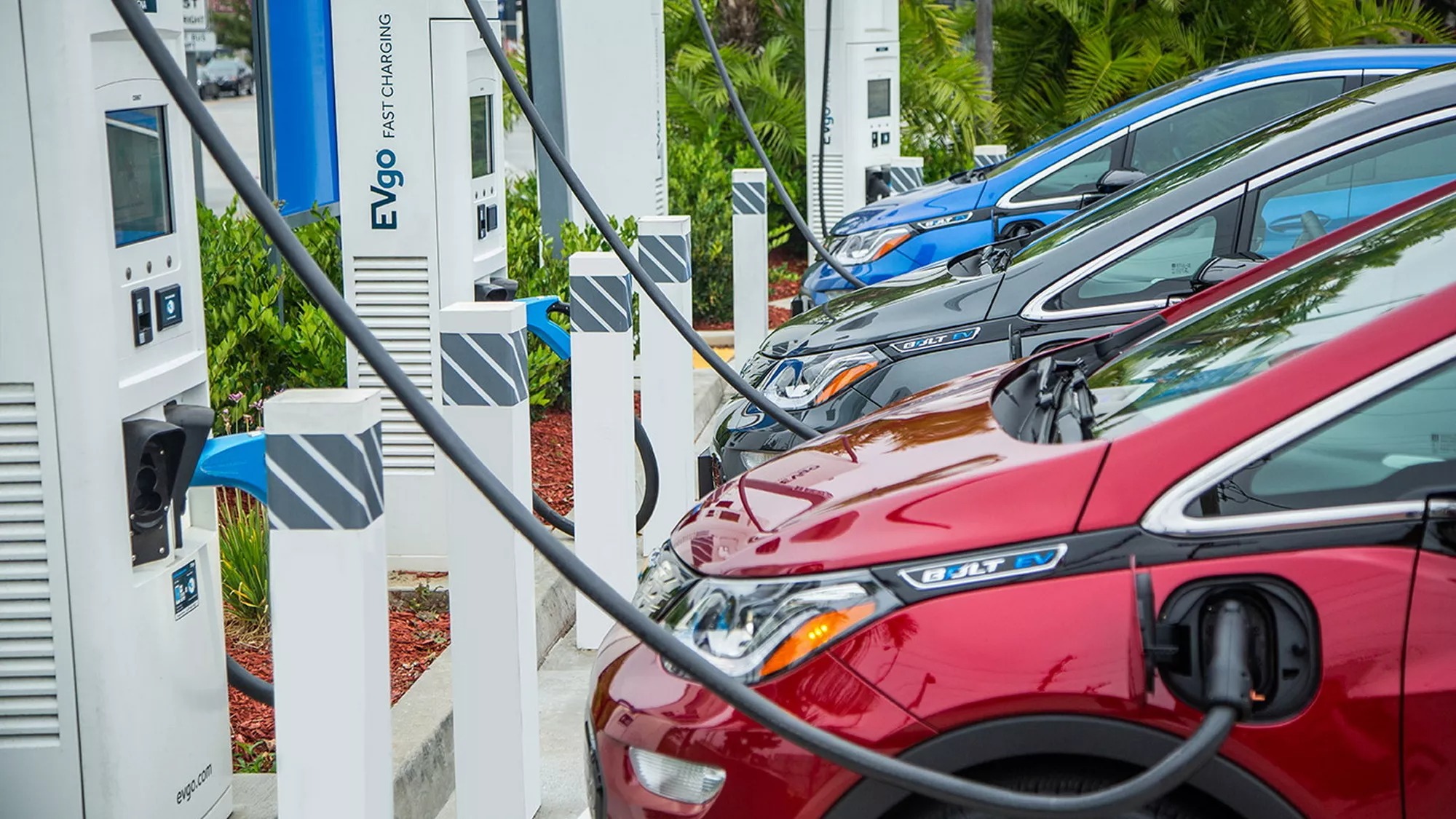In a bid to tackle the challenges associated with remanufacturing commercial vehicle batteries, a consortium of nine partners has embarked on the REVAMP project. The acronym stands for “Remanufacturing of variant battery modules with automated assembly and testing processes.” The primary objective of REVAMP is to develop a streamlined process for automatically assessing the condition of used batteries in commercial vehicles. This innovative approach aims to facilitate cost-effective remanufacturing, accommodating batteries in varying states of aging and diverse shapes, structures, and manufacturers.
Leading the federally funded initiative is MAN Truck & Bus, with several renowned participants including RWTH Aachen University’s Machine Tool Laboratory (WZL) and the Institute for Power Electronics and Electrical Drives (ISEA). The consortium also comprises the Fraunhofer Institute for Production Technology, as well as Bertrandt Technikum GmbH, Software AG, IBG Automation GmbH, BE-Power GmbH, Wacker Neuson Produktion GmbH & Co. KG, and Weidemann GmbH.
The consortium envisions a future surge in the number of used batteries, which will either be reused within vehicles (2nd-use), repurposed for alternative applications (2nd-life), or sent for recycling. With the explicit goal of increasing the utilization rate of 2nd-use and 2nd-life batteries in Germany, REVAMP focuses on the crucial aspects of condition assessment and automated dismantling of battery returns. These foundational steps pave the way for further research into reprocessing, reassembly, testing, and reintroduction of batteries into the market.
The research project encompasses eleven work packages, spanning methodological and theoretical principles to develop condition assessment procedures and 2nd-use and 2nd-life planning strategies. Concurrently, the consortium aims to establish methods for processing battery components at the pack, module, and cell levels. Additionally, plans for automated disassembly and reassembly are being devised, along with the development of corresponding control components.
An integral component emphasized by the consortium is the creation of a digital twin, a comprehensive virtual model that will map the entire battery life cycle. This digital twin will enable a life cycle assessment based on key performance indicators, facilitating the evaluation of decisions regarding subsequent battery usage while tracking the sustainability objectives of the remanufacturing process.
The findings from the REVAMP project will be validated through application-oriented tests and demonstrated at the eMobility Technical Centre located at MAN in Nuremberg. This pivotal step ensures practical validation of the developed processes and technologies.
The REVAMP project represents a significant collaborative effort aimed at revolutionizing the remanufacturing of used commercial vehicle batteries. By leveraging automation and advanced assessment techniques, this ambitious initiative endeavors to maximize the potential of batteries for 2nd-use and 2nd-life applications while promoting sustainable practices in the battery industry.

